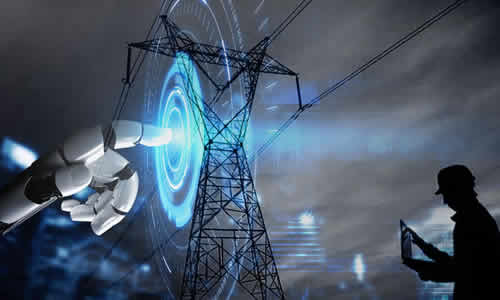Artificial intelligence (AI) has revolutionized the way we live and work. However, behind this fascinating technology lies a lesser-known fact: its enormous demand for electricity. In this article, we break down why AI consumes so much energy and what the implications are for the future.
Why Does AI Consume So Much Energy?
AI relies on complex models and massive datasets. Training these models requires deep neural networks, which mimic the functioning of the human brain. This training process involves performing millions — even billions — of calculations on powerful servers. As model complexity increases, so does the demand for energy.
For example, a recent study by OpenAI revealed that training a large AI model can consume as much energy as the average household does in an entire year. This represents a significant challenge, since as AI becomes integrated into more aspects of daily life, the demand for energy will continue to grow.
The Environmental Impact of AI
The rising energy demand not only affects electricity bills but also has major environmental consequences. Most of the world’s electricity is still generated from non-renewable sources such as coal and natural gas. This means that the growing use of AI could lead to increased carbon emissions, further contributing to climate change.
In this context, it is crucial to develop more energy-efficient AI technologies. Initiatives are underway to design algorithms that reduce energy consumption without sacrificing performance. However, these advancements are still in the early stages.
The Future of AI and Energy Sustainability
As AI advances, the pressure on energy infrastructure will only intensify. For this reason, governments and companies must work together to implement sustainable solutions. Some strategies currently being explored include:
-
Data center optimization: Improving the energy efficiency of data centers that host AI servers.
-
Renewable energy sources: Investing in solar, wind, and other renewable energies to meet rising energy demands.
-
Efficient AI research: Promoting research into algorithms that require fewer computational resources.
Final Thoughts
Artificial intelligence is a powerful tool, but its energy consumption is a growing concern. As we move toward a future where AI plays an even greater role, it is imperative to face these challenges proactively. The key lies in striking a balance between technological advancement and environmental sustainability.















